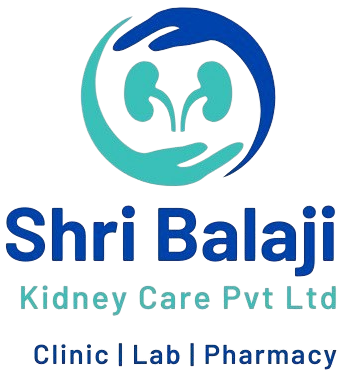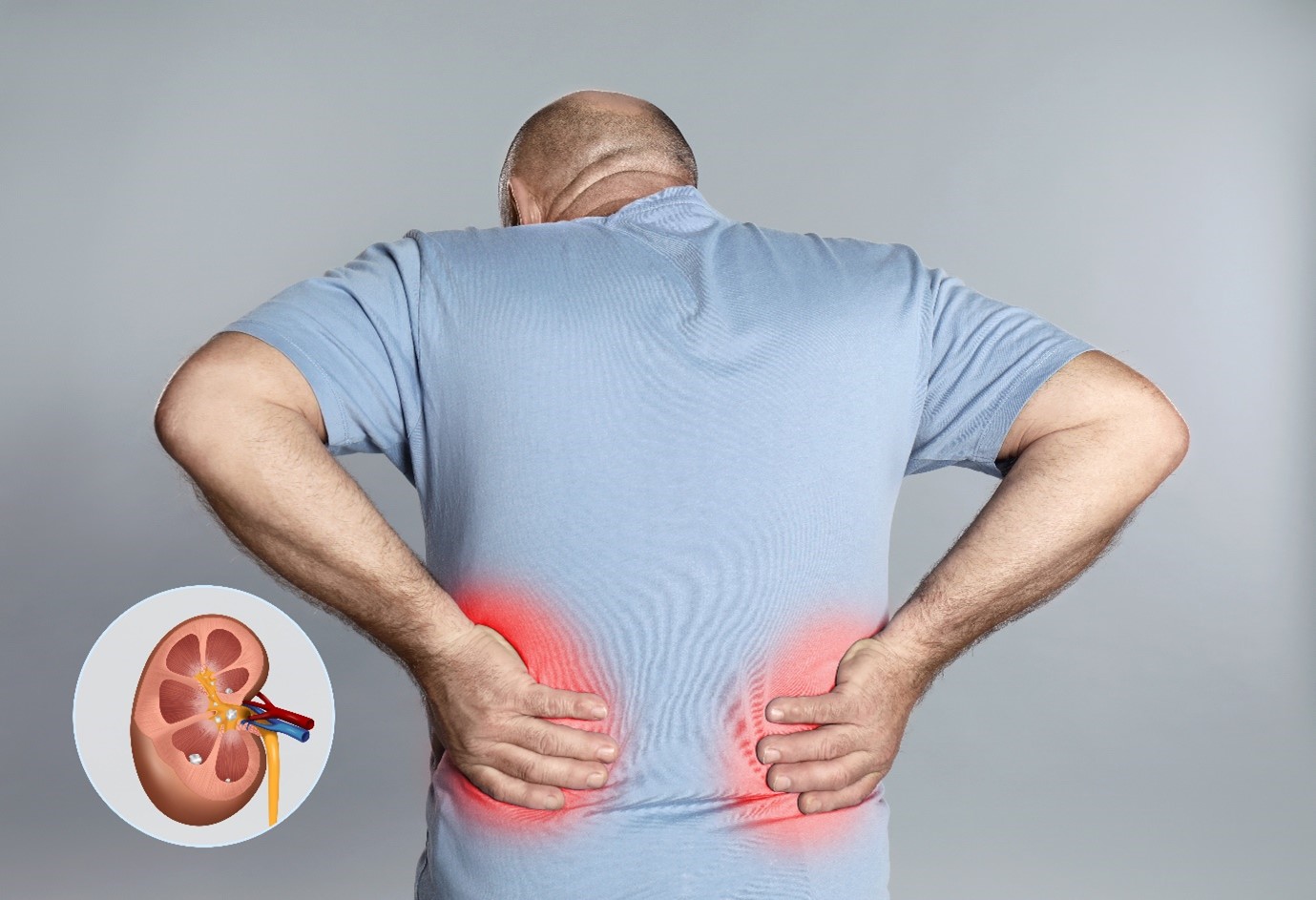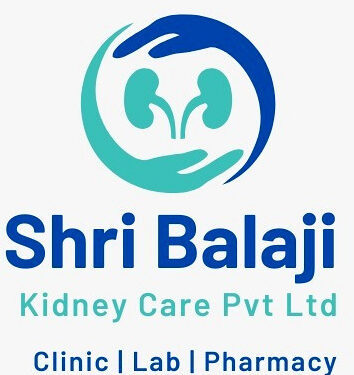Kidney stones are described as hard deposits that form in your kidneys and can cause intense pain when passed through the urinary tract. They can vary in size, and while some stones are tiny, others can grow large enough to cause blockages. Understanding kidney stones is essential for prevention and treatment. Here are seven frequently asked questions about kidney stones, along with simple answers to help you better understand this condition.
What causes kidney stones?
Numerous factors can lead to the formation of kidney stones. Dehydration is a major cause, as not drinking enough water can lead to concentrated urine, promoting stone formation. A diet rich in salt, oxalate-rich foods (like spinach and nuts), and animal protein can also increase the risk. Additionally, certain medical conditions and a family history of stones can play a role.
Is Surgery The Only Option For Kidney Stones?
No, surgery is not the only option for kidney stones. Many small stones can pass naturally with increased hydration and pain management. Your doctor may advise drinking plenty of fluids to help flush the stones out. If stones are larger or cause severe pain, non-invasive treatments like shock wave lithotripsy can break them into smaller pieces. In some cases, medications may help facilitate stone passage.
Always consult your doctor for the best approach based on your specific situation.
How Much Water Should I Drink If I Have Kidney Stones?
If you have kidney stones, it is important to drink plenty of water in order to help flush out the stones and prevent the formation of new ones. Aim for 2 to 3 litres of water per day, or enough to produce clear urine. Staying well-hydrated can significantly reduce your risk of developing more stones and help ease discomfort.
How Can I Prevent Kidney Stones?
Prevention mainly involves staying well-hydrated. Drinking plenty of water may help dilute the substances that can form stones. Moreover, maintaining a balanced diet with limited salt and animal protein, and managing conditions like obesity or diabetes can reduce your risk.
When Should I See A Doctor For Kidney Stones?
If you experience severe pain, which is accompanied by nausea, vomiting, or blood in your urine, it is important to see a doctor immediately. Early intervention can prevent complications and improve chances for a smooth recovery.
What Foods Should We Consume When Dealing With Kidney Stones?
When dealing with kidney stones, focus on staying hydrated by drinking plenty of water. Include foods rich in fibre, such as vegetables, fruits, and whole grains, to help you maintain a healthy diet. Limit salt and animal protein, as these can contribute to stone formation. Opt for low-oxalate foods like bananas, cauliflower, and fish, especially if you have calcium oxalate stones. Dairy products can be beneficial, providing calcium, which helps reduce stone risk.



